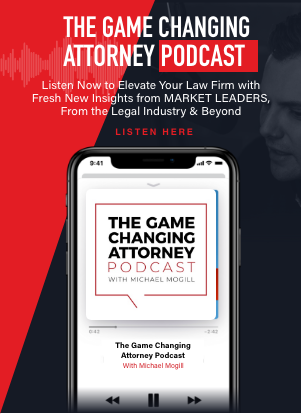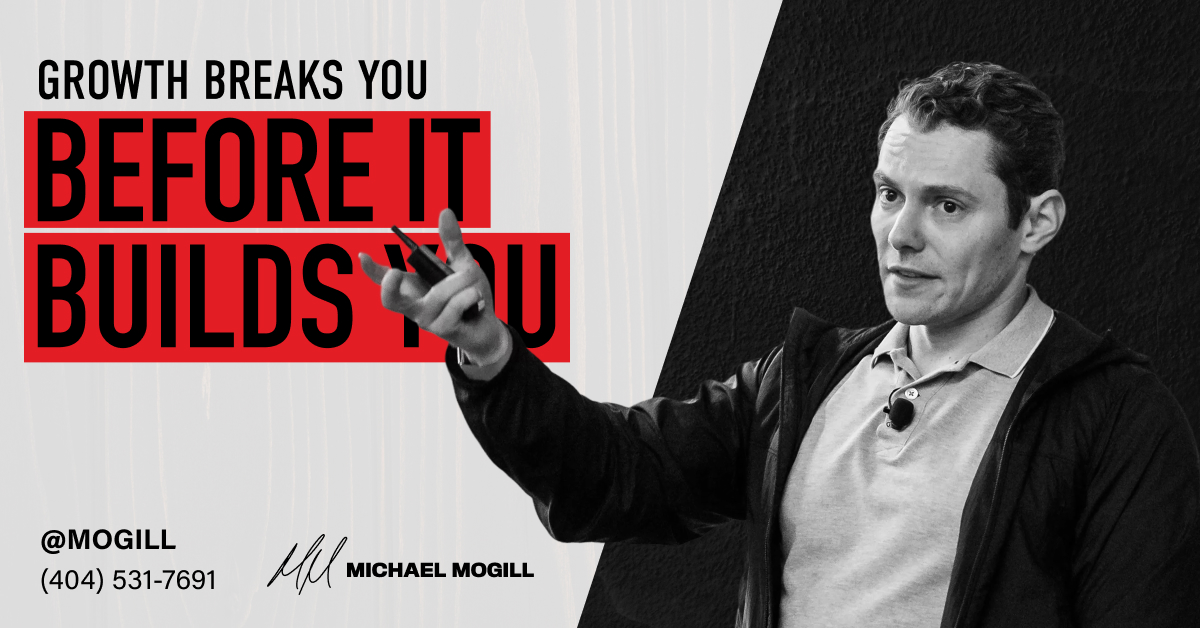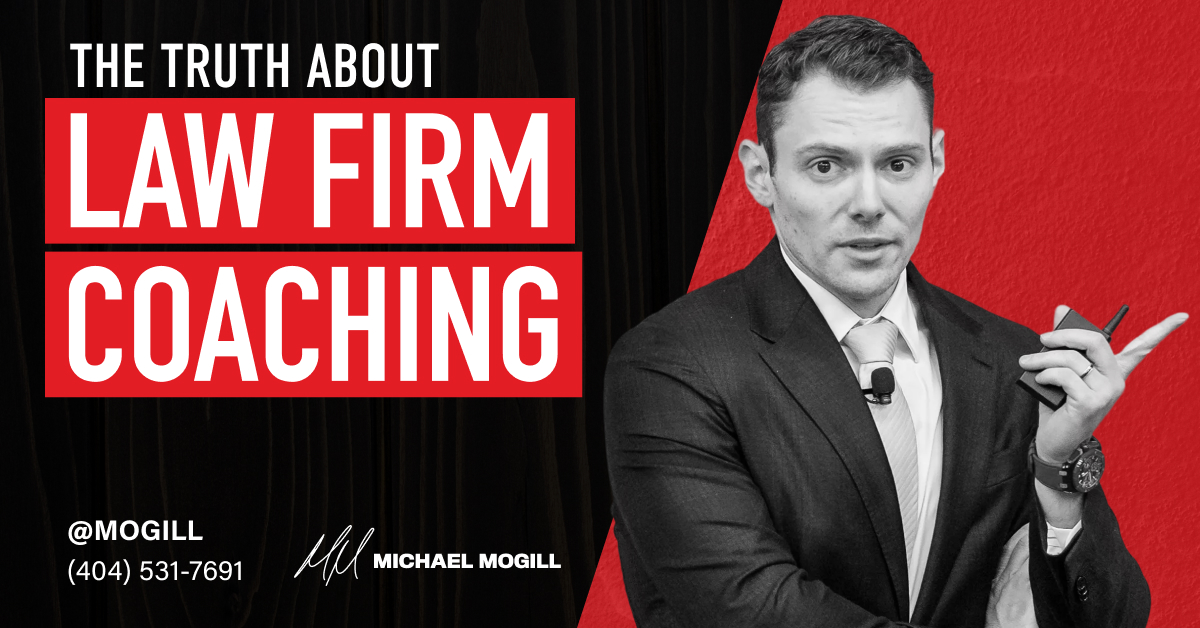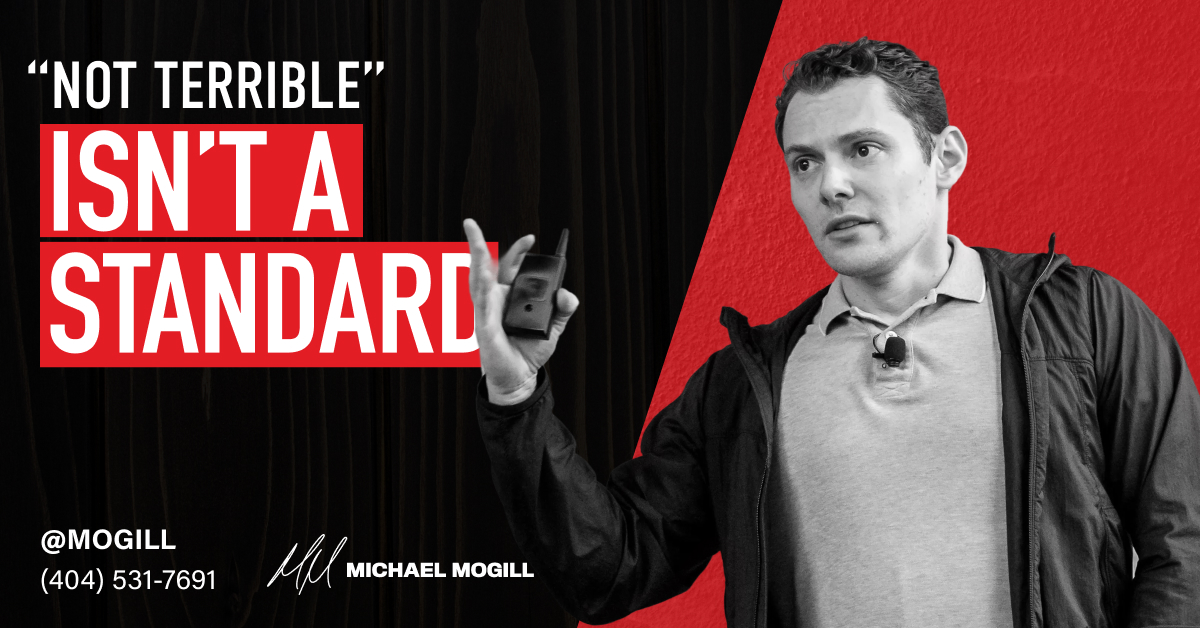There are a lot of differences between the most and least successful business leaders, but one thing that I think really separates them is the way they make decisions.
We are not in a time-based economy, but a results-based economy.
As a leader, you are paid for your judgment, not your time.
Quite literally, the only difference between the success of two law firm owners comes down to the decisions they make: whether they choose to invest in infrastructure, their marketing, their firm’s culture — all of the things that can make or break a business.
But when we talk about good judgement and what it takes to make a good decision for the benefit of their firm, I start to think about what it takes to actually improve that judgment.
Being in the right headspace
I recently read an article about Jeff Bezos and the factors that play into his decision-making process. He’s obviously doing something right, considering the success he’s had with Amazon on a global scale.
In that article, Bezos said that he makes all of his important decisions early in the morning. The reason for this is that you are much more likely to have more energy and focus in the morning than at the end of the day when you’ve been in meetings, on the phone, and responding to emails all afternoon.
Big decisions that require investments and risks and impact your team, clients, and organization overall require you to be in your best headspace.
But what does it take to get in that headspace?
For starters, you must be well-rested. That means getting eight hours of sleep at night, exercising, eating right, and making sure your mind is in the right place. Being in the right headspace is not only more effective, but it also is much more proactive because decision fatigue is real.
If you’ve made a hundred decisions throughout the day, and then you’ve got the biggest one you need to make at the end of the day, and you’re tired and exhausted, on four hours of sleep…you may be better off sleeping on it, waking up in the morning, and then thinking it through when you’re in a better headspace.
Working toward your long-term vision
Another thing that really makes a difference in your ability to make certain decisions is if it is bringing you closer to achieving your long-term vision.
If your long-term vision is that you want to impact more people in your community, you want to grow your team, grow your revenue, or increase your average case values, then making decisions like dialing back marketing, laying off team members or furloughing staff, and shutting down the office may not be the best move.
Those decisions may actually be directly opposed to what your long-term vision is, and if you’re fully committed to that vision, you’ll always find a way to make sure your decisions do support it.
Having the right information
Sometimes the difference in your ability to make good decisions is that you just might not have enough information that would keep you from making the wrong choice.
If that’s the case, then maybe all you need is to reach out to someone who is an expert in the area you’re lacking in.
For example, last year I made the decision to invest and buy a new office building for my business. Had I ever bought an office building before? No. But I took that as an opportunity to get advice from people who had experience in that area and had the information I needed to make an informed decision.
Final Thoughts
In summary, recognize that as a leader, you’re paid on your judgment, not your time.
It really pays to have good judgment, so put yourself in a position to succeed and to be in a good headspace when making those decisions.
But if you are up for the challenge, and you are ready to take on the accountability and burdens of others, I can tell you there’s nothing more satisfying than helping your team succeed.
In the end, leadership is really all about empathy, understanding, caring for others, and giving, giving, giving until the goal at hand is achieved.






